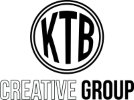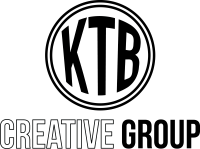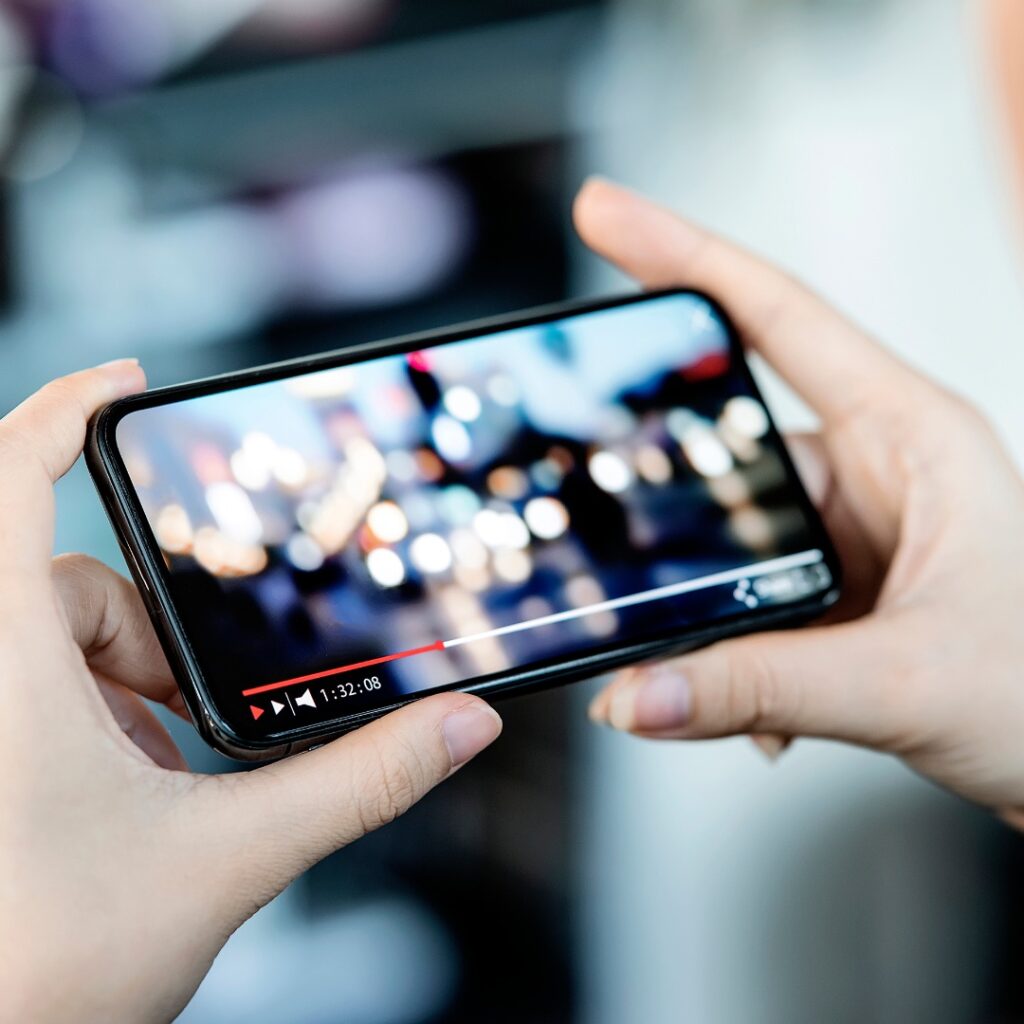Have you ever noticed that some posts on Instagram have a tiny location beneath the username, or a little tag in the stories telling where the user was? While it’s simple to add your location to a social media story or post, do you really need to do it? Let’s dive into location tags (also called geotagging) for social media and learn more about how it could help your business grow its reputation, client list, and social engagement.


Location tags allow users to mark where in the world they were when an image was taken. You can tag a precise location, such as a business, or a more general location, such as a city or state. Location tags on posts are grouped together through the social platform to act as a type of library. Users can search through this content library by location to see who has been there, what they were doing, and how they felt about their experience.

Companies who have an Instagram business profile connected to a Facebook business page should automatically populate a specific location tag. If your business doesn’t have a primary physical location or you’d prefer a custom location that follows your company and isn’t tied to a physical spot on the map, you can create a custom location tag. Even for operations without a physical presence, establishing a location tag for the company is an important strategy for growing your audience on social media and converting viewers into customers.

- Increase foot traffic – For a brick-and-mortar business, location tags can be a great way to grow your customer base. Many travelers search social media by location to find the best places to eat, shop, and explore. If your business has an extensive library on social media of happy customers, more people will be driven to your location.
- Expand brand awareness – For all companies, increasing brand awareness should be a primary goal in your brand strategy. Because location tags can be used for companies with or without a physical presence, you can take advantage of posts tagging your company to spread the word about your services regardless of where you are on the map. For example, a horse training barn might want to encourage boarders at their facility to use their company’s location tag when posting about the farm so that users searching the area for a place to take lessons, board, or get training for their horse could easily find them and get a sense of the barn community. A tack store operating entirely through shipping with no physical address would also want to utilize location tags to promote their company by creating a custom tag. Posts with a location tag receive significantly higher engagement than those without, so consider tagging your own posts to boost reach.
- Drive social proof – These days, social media is one of the key methods consumers use to choose where to do business. It’s a modern day “word-of-mouth” strategy. A company that has been tagged by many consumers with flattering photos, rave reviews in captions, and that elicit an overall positive sentiment will create more trust in consumers than one that doesn’t show up in a location search.
- Improve customer engagement – Adding social media as a tool in your reputation management arsenal is a great way to stay on top of your company’s presence. Checking your location tag library on social media and engaging in posts where consumers have tagged you will add a special touch of customer service that will be noticed and appreciated.

Location tags can be added to most social media platforms, but are primarily used on Facebook and Instagram posts, stories, and hashtags. The more people raving about your business and tagging the location, the higher the odds of other users taking a look at your feed and learning more about what you have to offer.
Location tags are a simple way to increase brand awareness and establish yourself in your local industry. They can be used for companies with a physical address as well as those without. Adding location tags to your own social media, as well as tracking your location tag on social platforms, can give you a leg up on your competitors and help grow a loyal community around your brand.



